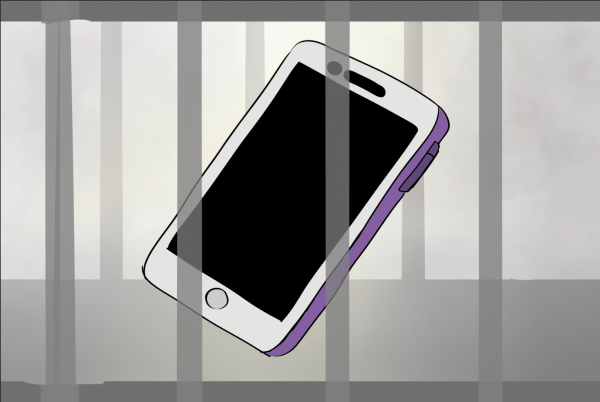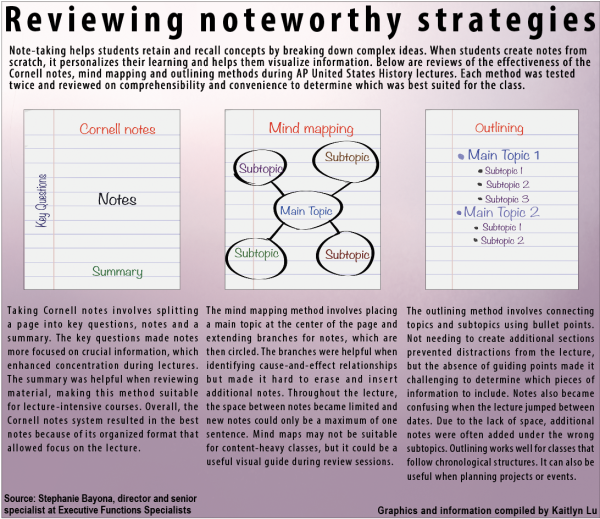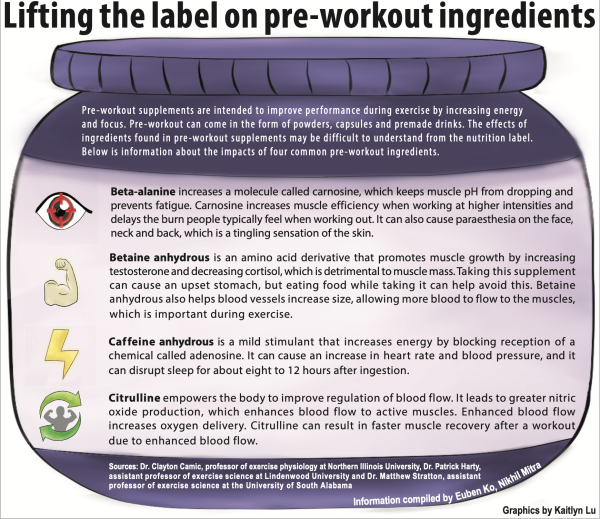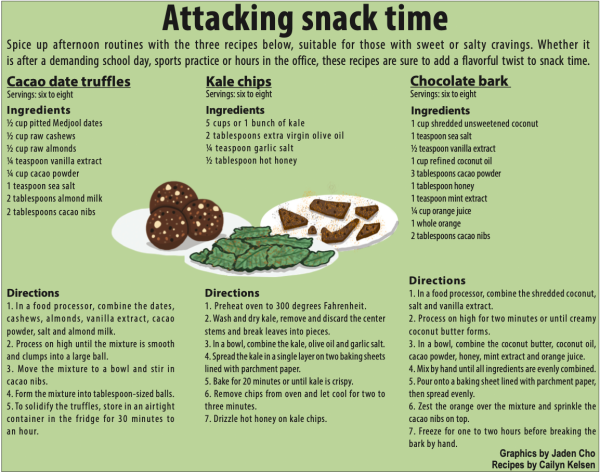Stop playing the waiting game with procrastination
After about four hours of sleep, senior Sarosh Nagar woke up lacking the motivation to get through his classes for the day. The previous night he had binge-watched cooking videos, leading him to procrastinate on his poetry assignment that was due the next day.
“It was a wake-up [call] to me, like, ‘Oh, I really have to change the way I do things,’” Nagar said.
Piers Steel, author of “The Procrastination Equation,” said in a phone interview that procrastination is when one puts off work despite expecting to be worse off in the end.
People procrastinate because they are easily distracted by immediate pleasures such as social media, Steel said. They tend to engage in these activities because they are neurologically wired to act for instant gratification rather than to think actions through.
Nagar said after his realization, he decided to reduce his procrastinating habits by planning efficient approaches to doing his work. Nagar schedules breaks during homework time to prevent himself from getting distracted when studying.
“If I’m [going to] do English homework for the next half hour, I’ll give myself a 10-minute break afterwards,” Nagar said.
Steel said adding breaks into schedules allows people to feel more at ease when putting in the time and effort for work. Anticipating those breaks helps decrease the delay in getting work done.
Setting specific goals can also help stop students from putting off work, Steel said.
“Make [the goal] really precise, almost as if you’re telling another person to do it.
“Break it down to small, immediate pieces that fit into that time block,” Steel said.
According to Aimee Wool, Advanced Placement Psychology teacher, self-care is a crucial step to decrease stalling habits. Self-care activities include healthy eating, exercising and sleeping, which help decrease stress and anxiety.
Steel said in order to prevent mandatory work from being unappealing, students can look for flexibility by making preference-related choices. Such autonomy can be found by simply choosing a different pen color or having a more creative outlook on an assignment.
Wool said students can also participate in beneficial activities they enjoy, such as extracurriculars, to release serotonin and dopamine that boost mood and pleasure, which is beneficial for completing work.
According to Nagar, engaging in classes and activities he is passionate about encourages him to avoid procrastinating on schoolwork.
“You have to take the trade-off of saying, ‘Alright, [I have to] be more efficient with my work [and] procrastinate a little less,’” Nagar said.








